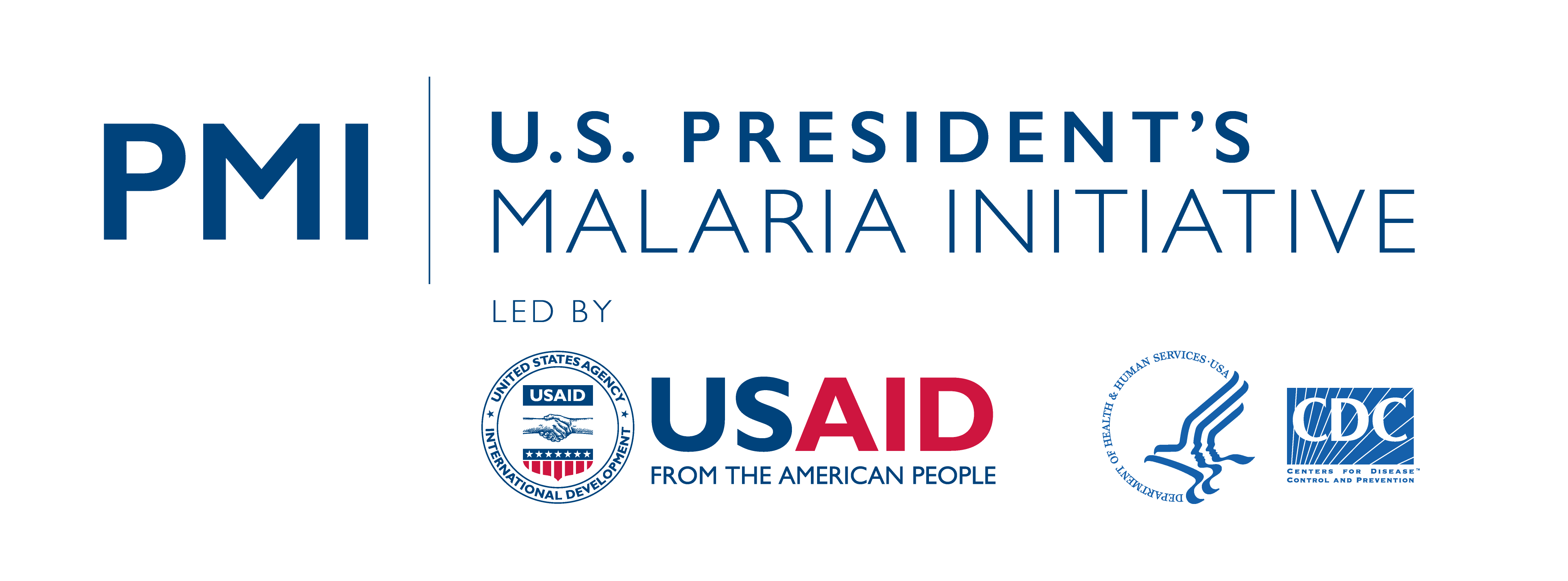Engaging with Other Leaders and Collaborators
Building new relationships and engaging with existing partners will help strengthen your malaria efforts. Some of the benefits of engaging other leaders in your malaria activities are below (adapted from the Advocacy for Resource Mobilization Guide ).
- Resource Sharing: Your organization’s assets and strengths are amplified by your partnerships with other leaders when you work together toward a common goal.
- Spanning Sectors: Multisectoral collaboration (across health, education, government, agriculture) is key in the fight against malaria.
- Aligning Priorities and Goals: Diverse community partners are essential to make sure your malaria activities meet community needs.
- Knowledge: Multiple perspectives and knowledge will be key for the success of your malaria behavior change activities.
Identifying Potential Partners:
Brainstorm existing partnerships within your organization and potential new partnerships. See the Situation Analysis section for examples of local leaders you should be working with. Potential partners could be:
- People who can contribute to the discussion, identify barriers, and commit themselves to work toward solutions.
- People searching for opportunities and/or those trying hard to affect change in the community.
- Officials and other actors with the power to transform the system and/or people who can reach and influence those in power (LSP Participatory Systems Analysis Guide , part 3).
Users of this toolkit can find each other, compare experiences, and get ideas by joining the Springboard for Health’s special online Group for Community and Faith Leaders .


